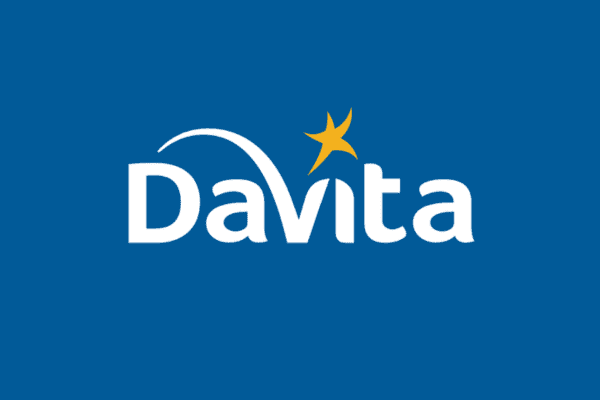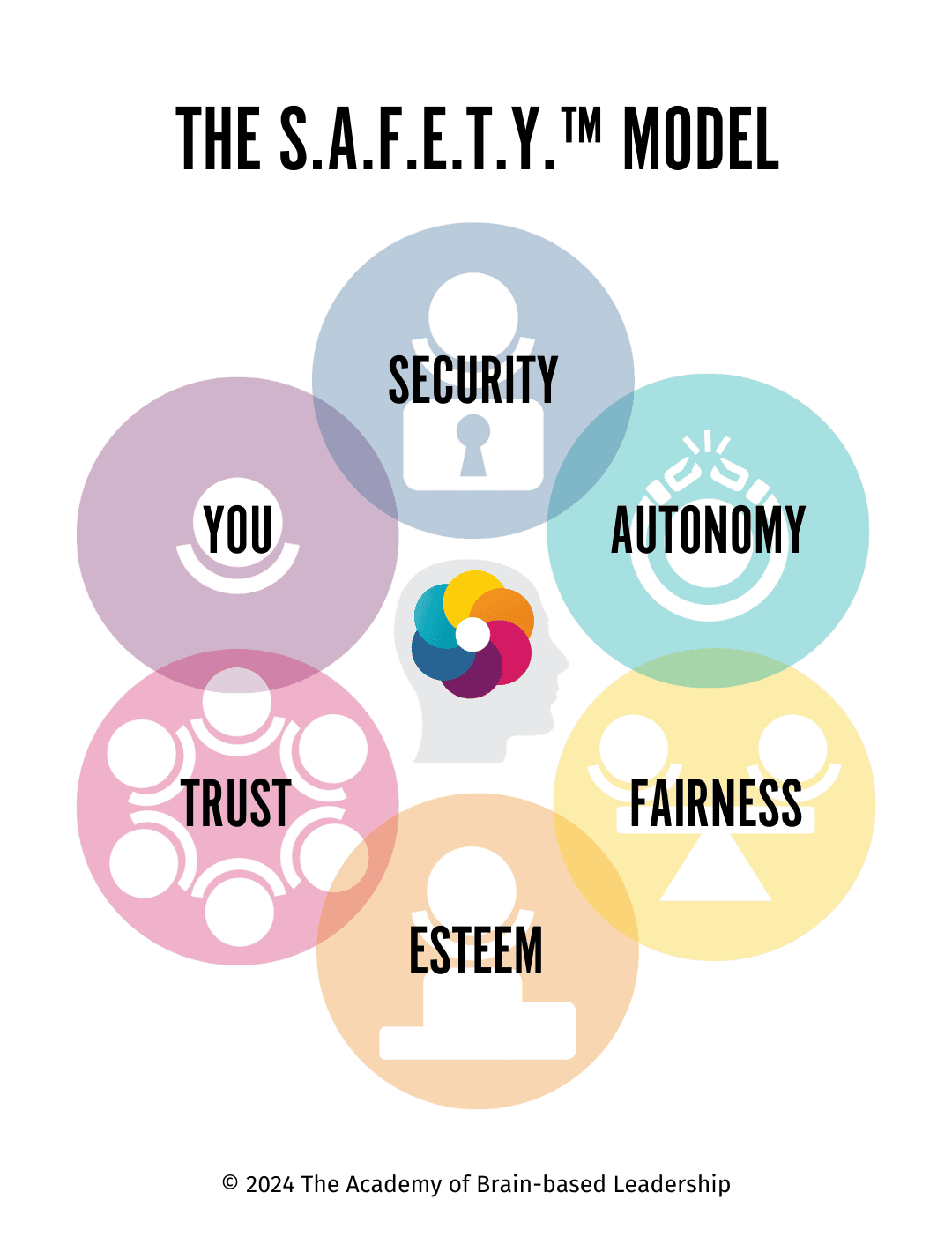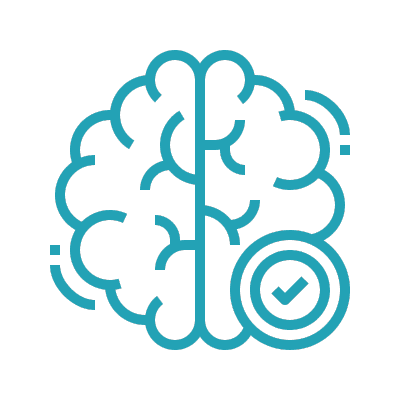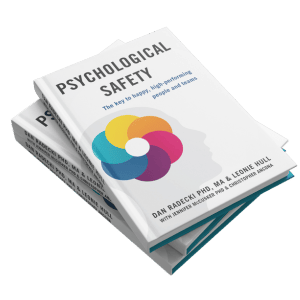Join our growing global delivery community and offer a science-driven approach to building psychological safety with your clients.
Benefits of getting S.A.F.E.T.Y.™ Accredited for you and your clients
What you get:
- Online learning portal and resources
- Peer and faculty learning forums
- 3 x S.A.F.E.T.Y.™ Assessment Practice Codes
- Psychological Safety Book and S.A.F.E.T.Y.™ Reference Guide
- Live debrief assessment with an assessor
- Awards 28 ICF Continuing Coach Education + 12 Resource Development Credits
- First year’s membership to the Alumni Network (value USD299)
- Qualify to enrol in S.A.F.E.T.Y.™ Team Accreditation (Stage 2)
Additional benefits for you:
- Use of the S.A.F.E.T.Y.™ Accredited logo & Licensed IP
- Listed on ABL’s Accredited Facilitator webpage
- Access to purchase Participant S.A.F.E.T.Y.™ Toolkits
- Alumni online forum, resources and support
- Quarterly live webinars for ongoing learning and updates
- Discounts on Assessment codes and pre-work e-modules
What your clients get:
Increased awareness and skills to:
- Nurture their psychological safety and wellbeing
- Mitigate their biases to improve decision making
- Manage their triggers and stress for improved health
- Communicate their needs to deepen relationships
- Embed new habits and behaviors to improve overall effectiveness
How your clients benefit:
- Greater self-awareness and emotional intelligence
- Improvement in mental and physical health and wellbeing
- More positive exchanges, collaboration and better conflict resolution
- Enhanced focus, motivation and productivity
- Deeper and more connected relationships
- Improved happiness, satisfaction and performance
Learn more about the S.A.F.E.T.Y.™ Model and Accreditation by viewing our on-demand webinar
Why Psychological Safety Matters
Much, if not all of our motivation and behavior is driven by our brain’s nonconscious need to feel safe. When our brain is triggered into a threat state our cognitive functioning is compromised increasing our susceptibility to emotional, impulsive, irrational thinking and behavior that decreases our ability to think and perform.
The S.A.F.E.T.Y.™ Model describes six domains of threat or reward that are important to the brain: Security, Autonomy, Fairness, Esteem, Trust and You. Understanding the needs, rewards, motivations, biases and stress triggers of each domain can provide valuable insights into yourself and others and help improve interactions, teamwork and productivity.
Become equipped to teach our model and debrief S.A.F.E.T.Y.™ profile reports to help individuals and teams understand:
- Their brain’s threat and reward sensitivities
- How they derive their sense of psychological safety
- The nonconscious biases driving their decisions and behavior
- Their potential stress triggers and how to manage them
- How to enhance their motivation and engagement
- How their behaviors may be perceived by others
- The potential impact of their profile on themselves and others
Interested in learning more?
S.A.F.E.T.Y.™ Accreditation Modules
Your Commitment
Weekly Commitment:
The following times are averages only, some weeks require 4-5 hours, others 2-3 hours. Average 3-4 hour weekly commitment to complete:
- Recorded webinar (30-60 mins)
- Readings, activities and resources (10 mins)
- Online knowledge quiz (10 mins)
- Content review & practice (30 mins)
- Delivery practice & feedback (60 mins)
- Peer engagement and activities (10 mins)
- Weekly live Q&A webinar with instructors (30 mins)
- Final assessment: Observed 90-minute live-virtual debrief
Meer Your Trainers
Dr Dan Radecki PhD, MA
CO-FOUNDER & CHIEF SCIENTIFIC OFFICER
Dr Dan Radecki is Co-founder and Chief Scientific Officer at The Academy of Brain-based Leadership (ABL) and co-author of the book “Psychological Safety: The key to happy, high-performing people and teams”. He also serves as Executive Director of CNS Research and Development at AbbVie Inc and holds a Bachelors in Psychology, Masters in Biopsychology and PhD in Neuroscience.
Working as a leader in the corporate world allows Dan the unique perspective on how our knowledge of brain functioning can aid leaders in maximizing their results as well as the results of their teams.
Leonie Hull
CO-FOUNDER & CEO
Leonie is Co-founder and CEO of the Academy of Brain-based Leadership and has over 20 years’ experience in management and consulting, predominantly in values-based organizations.
Leonie co-authored the book “Psychological Safety: The key to happy, high-performing people and teams”. She has been instrumental in the design, development and implementation of the learning and accreditation pathways for building psychological safety at an individual, relationship, team and organizational level.






























